BIO-FLAME: SUSTAINABLE UTILIZATION OF BIOGAS FROM COW MANURE AND VEGETABLE WASTE TOWARDS RENEWABLE COOKING FUEL PRODUCTION
Magandang araw uli mga Ka-Research!
Another feature blog from the research works of Grade 12 STEM Sapphire as they finish this school year with all flying colors with bells and whistles😀
In the midst of environmental concerns and the urgent need for sustainable energy sources, researchers around the world are turning to unconventional solutions. Among these is the promising field of biogas production, which harnesses the power of organic waste to generate renewable energy. Through the combined ideas, knowledge and efforts of a group under the Science Technology Engineering and Mathematics strand, they embark on a journey into the fascinating world of biogas production from two unlikely sources: cow dung and vegetable waste.
Before delving into the intricacies of the research, it's essential to acknowledge the role played by the group leader, @chskmrmt. Her guidance and encouragement have been the driving force behind the exploration into biogas production. Alongside her, the collective efforts of the esteemed team members, Reinald B. Compas (@ynadbonquin), John Edrian D. De Chavez (@), Ayessa Jane A. Dolor (@ayeaye222), Virgielly S. Luyong (@gielly), Alexalouise B. Reyes, Daniela E. Siazon (@nyela), Ken Lourence J. Tecson (@kentecson000021), and Ericha Joy M. Urgel (@joyrgl) whose collective efforts have led the team closer to a shared vision and goal.
The research project aims to explore the potential of cow dung and vegetable waste as substrates for biogas production. Specifically, the researchers seek to optimize the mixing ratios of these materials to maximize biogas yield. By investigating the anaerobic digestion process in depth, the aim is to uncover insights that can inform sustainable waste management practices and contribute to the transition to a greener, more resilient energy future.
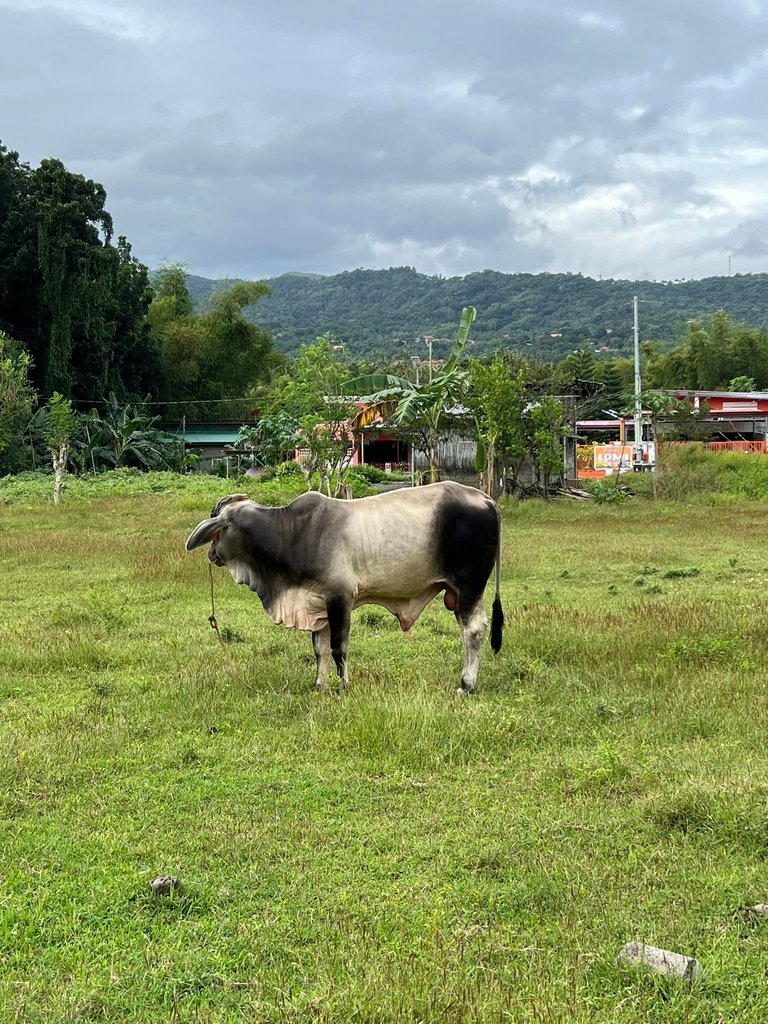
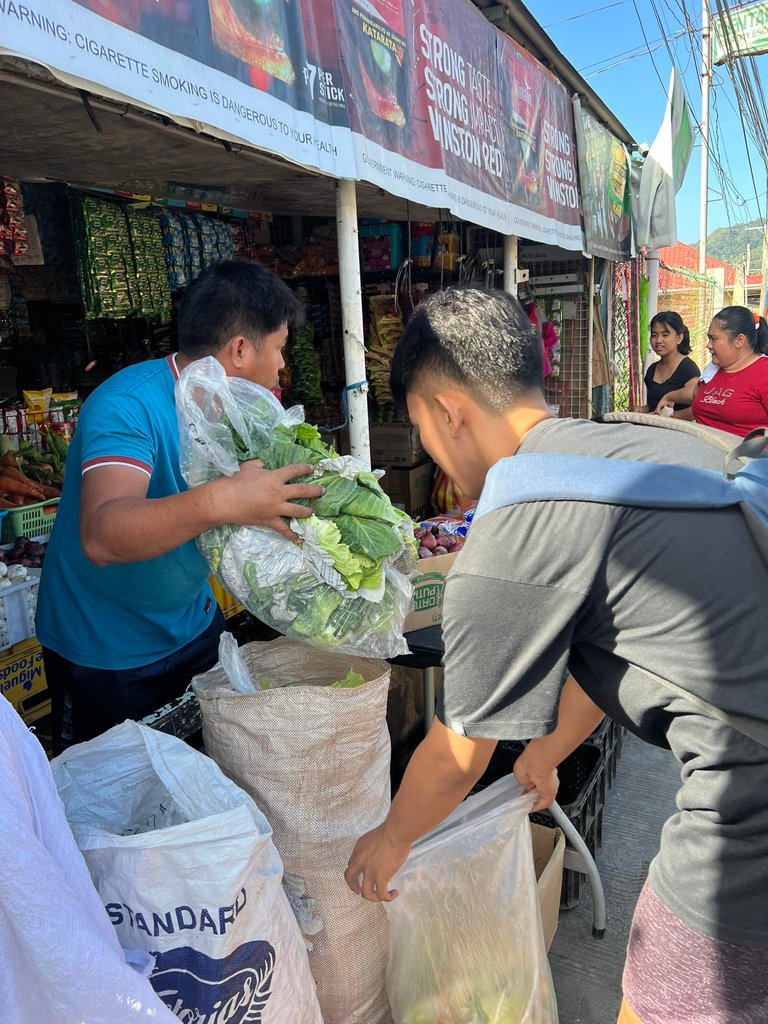
To achieve the research objectives, the researchers gathered wet to moist cow manure, collected in a pot using a trowel, from a local private field near one of the researcher’s residences, and generously provided by vendors at Mabini Public Market.
The subsequent experimentation involved subjecting various mixtures of cow manure, water, and vegetable waste to rigorous testing, employing four distinct ratios. The first has an equal ratio of manure, water, and vegetable waste, meanwhile, the second ratio has 50% vegetable waste, 25% water, and 25% cow manure. The third ratio has 50% manure, 25% water, and 25% vegetable waste. Lastly, the fourth ratio has 50% water, 25% manure, and 25% vegetable waste.
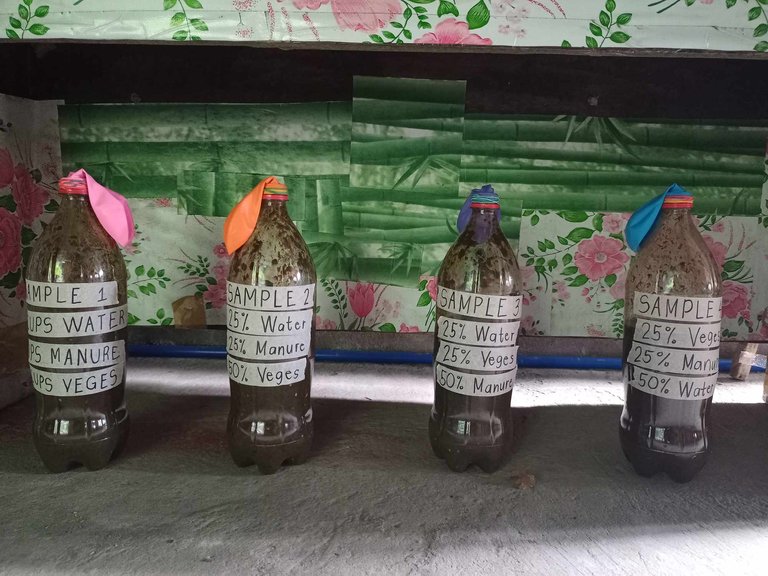
The initial findings revealed that the ratios with equal proportions of manure, water, and vegetable waste, as well as those with a higher percentage of vegetable waste, exhibited greater biogas production potential within a six-hour timeframe. These revelations not only underscore the viability of cow dung and vegetable waste as viable substrates but also highlight the significance of ratio optimization in maximizing biogas yield.
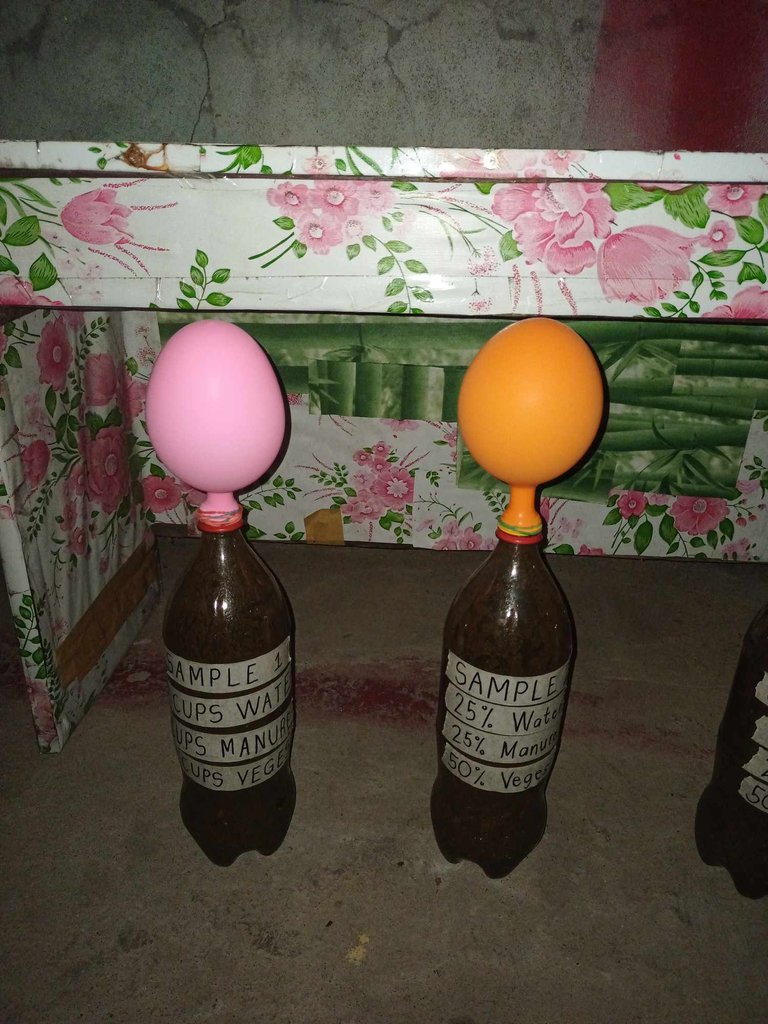
As researchers embark on their journey into the world of biogas production from cow dung and vegetable waste, they are filled with optimism and determination. With each step forward, they move closer to unlocking the transformative potential of nature's waste and building a more sustainable future for generations to come.
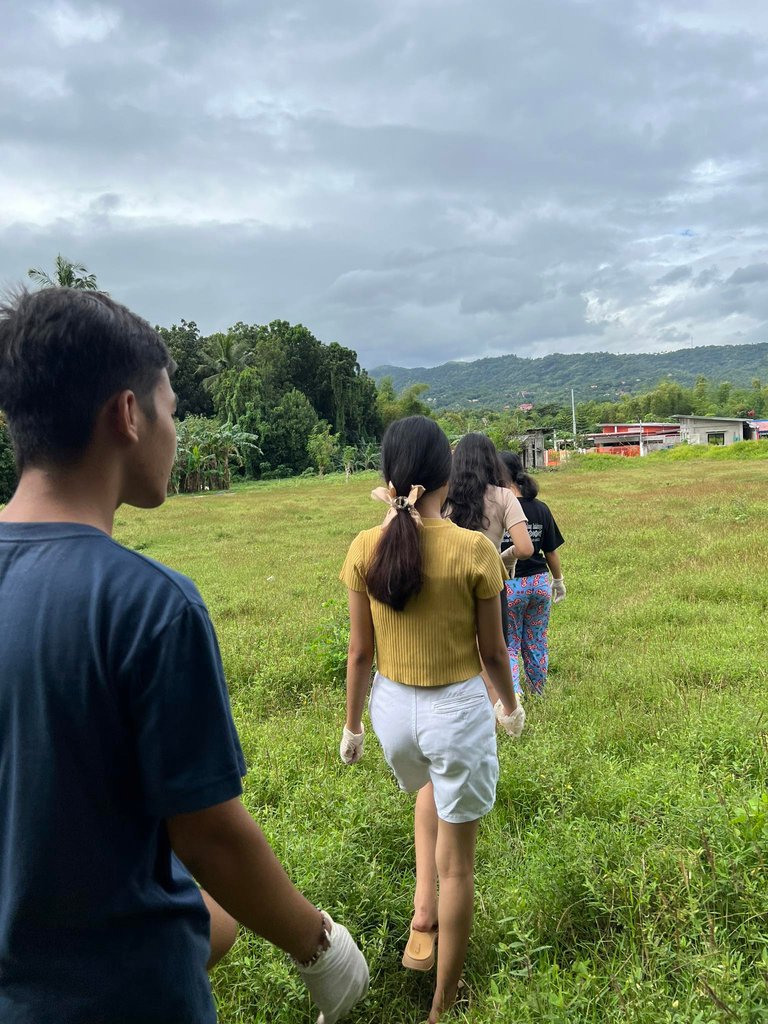
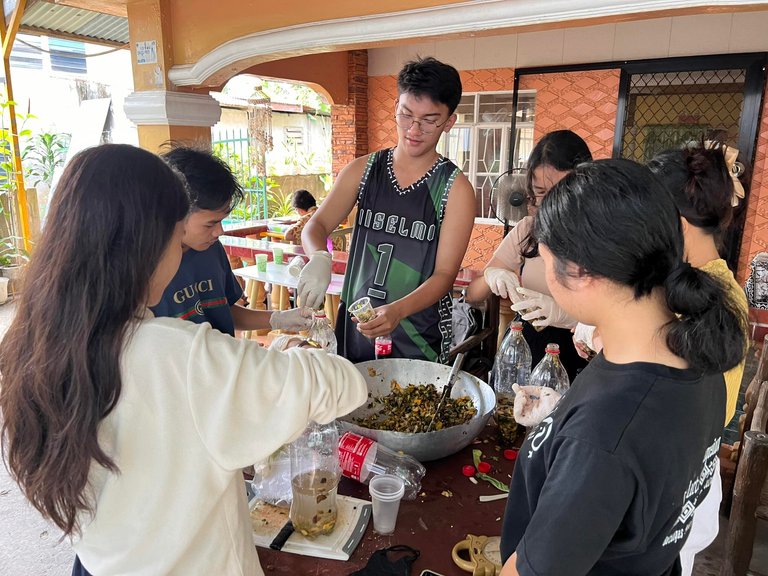
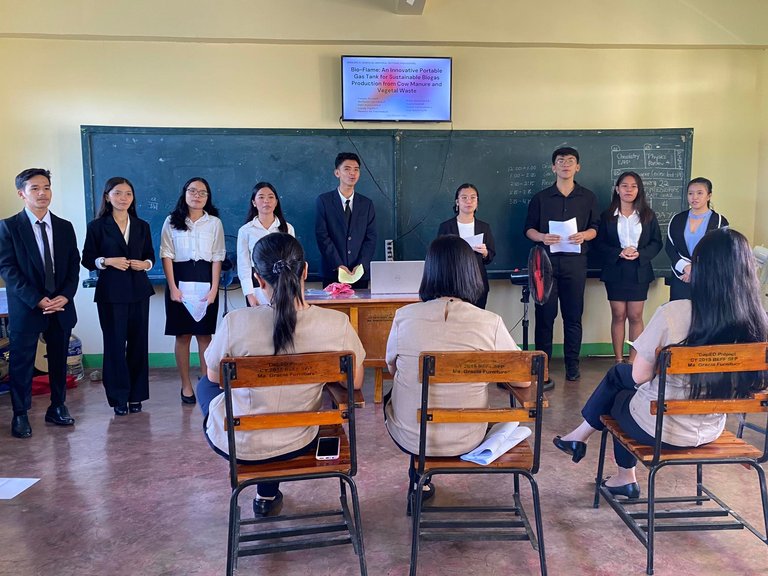
What an amazing research project. I love the idea. God bless to the team!
thank you po.